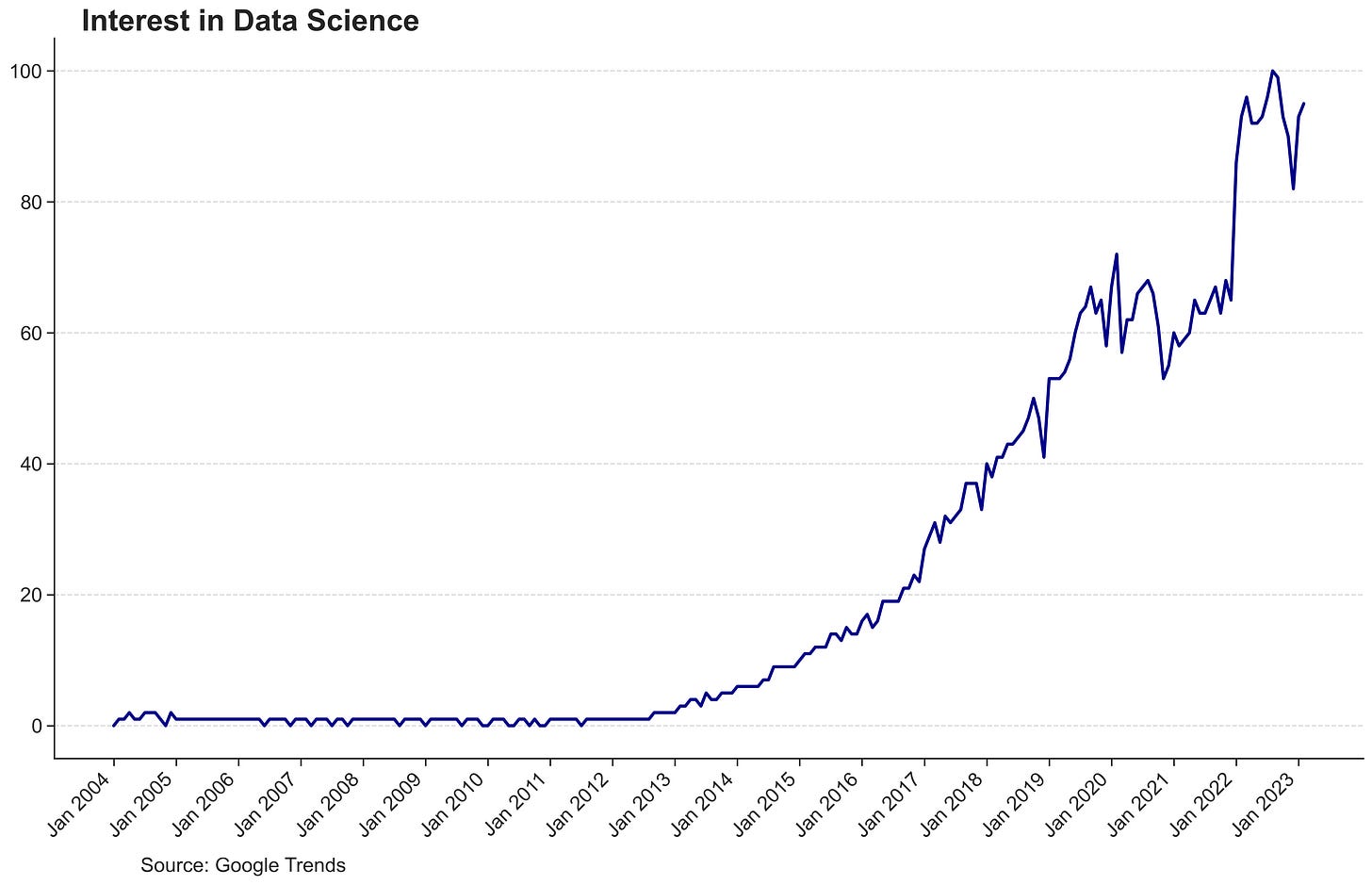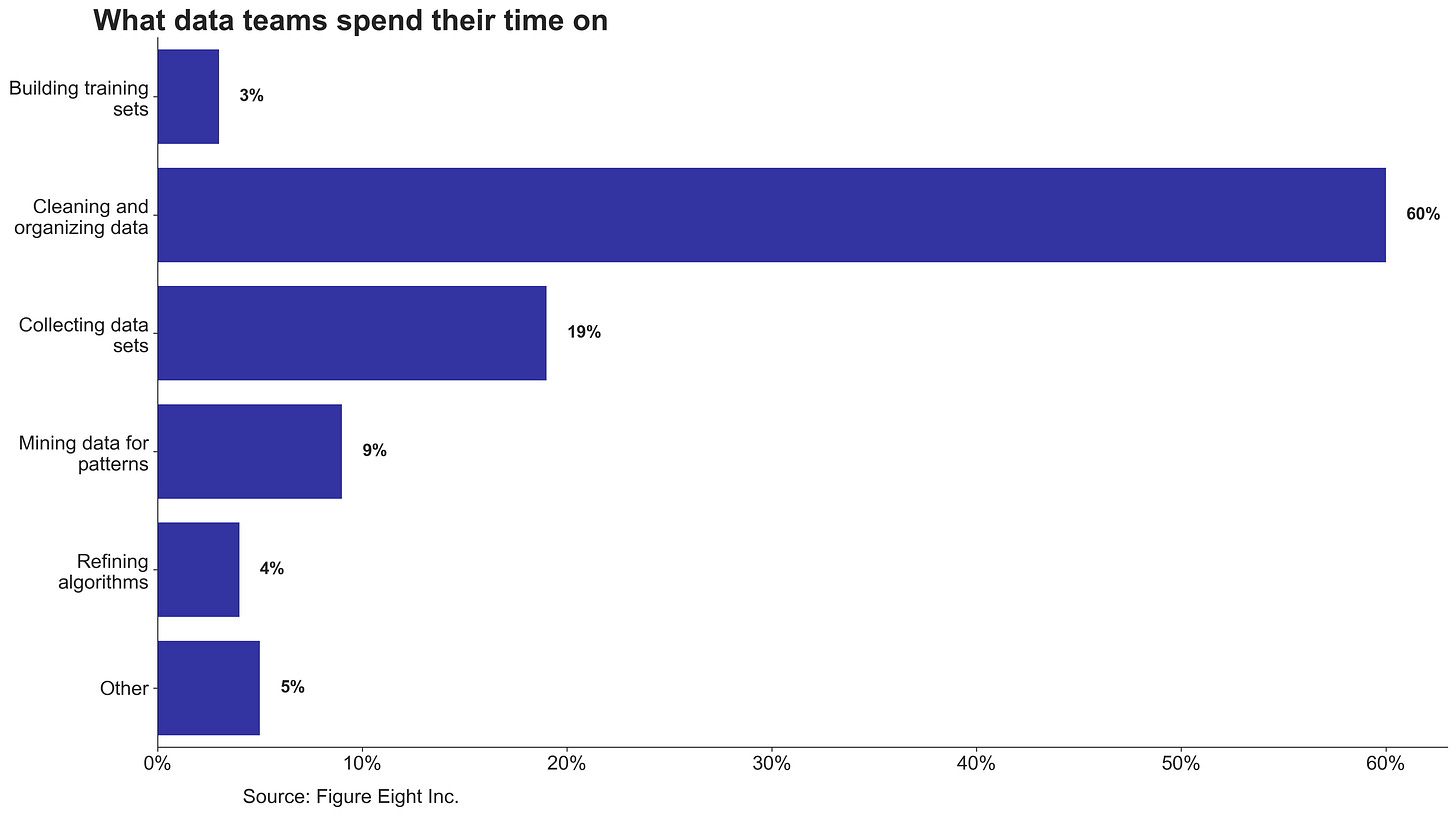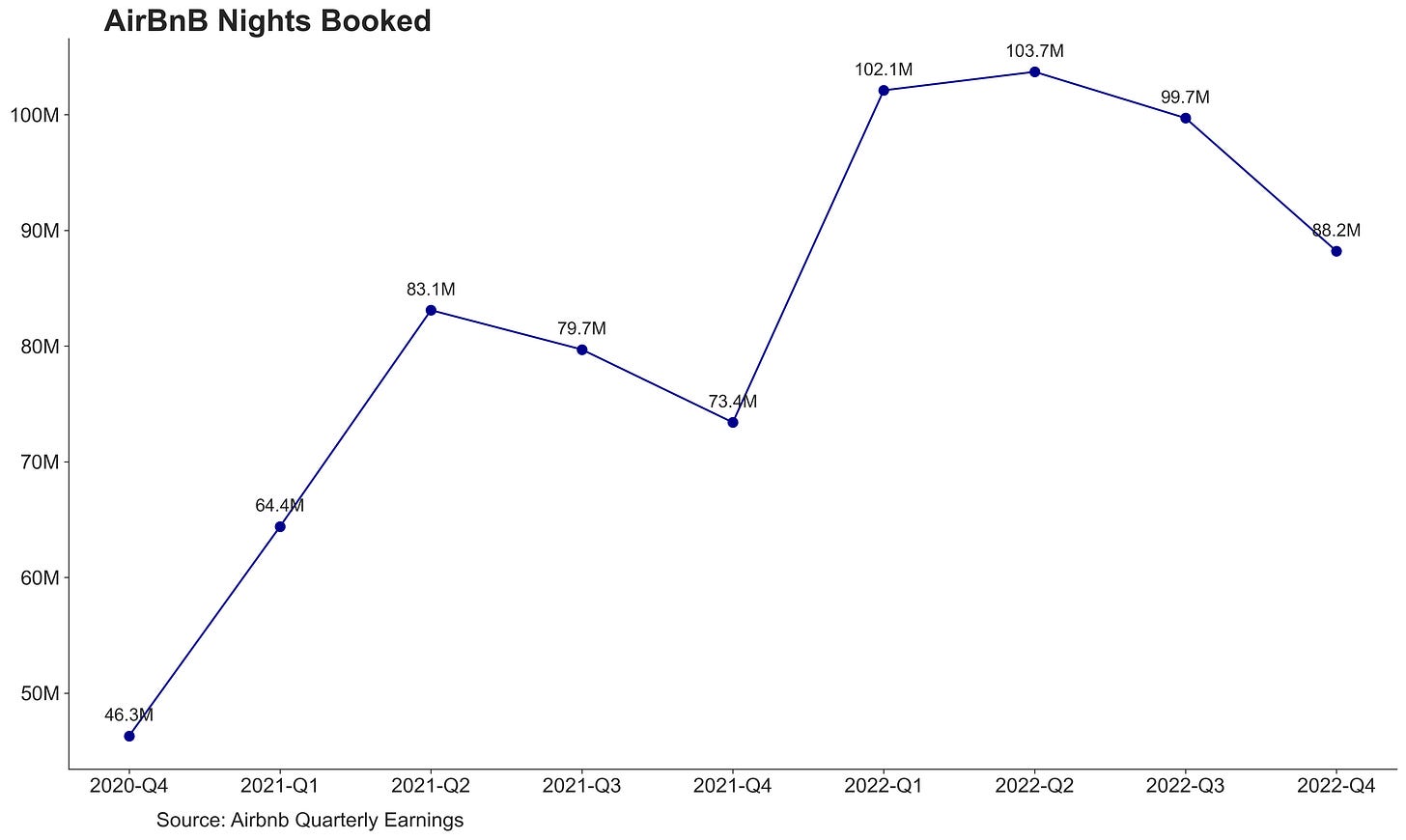Data Science, cutting through the Bullsh*t
Data science is both the savior and the downfall of modern business.
Data science initiatives are often fueled by ambition and big dreams, but the reality is that many of them end up crashing and burning. As someone who has worked in the industry for years, I can tell you that the biggest culprit for these broken dreams is a classic mistake: biting off more than you can chew. At Amazon, where I started my career in data science, they drill the leadership principle of 'Think Big' into you. But sometimes, thinking too big can be a recipe for disaster. I've seen countless projects fail because they started with a scope that was simply too large to execute on. So, let's explore the challenges that companies face when trying to get value out of data science, and why it's crucial to start with a solid foundation before trying to tackle the big stuff.
Hygiene
It's not the sexiest part of data science, but it's absolutely essential. Big Tech gets this, and they're not afraid to invest big bucks in making sure their data is squeaky clean. Entire departments are dedicated to the task, because they know that without clean data, their fancy algorithms and predictive models are about as useful as a flip phone. And while cleaning data may not be the most thrilling part of the job, it's a heck of a lot more enjoyable than sifting through endless piles of garbage data. In fact, according to a survey, 57% of my fellow data scientists said that data cleaning was their least favorite part of the job. But hey, at least we're not spending 80% of our time on it anymore, right?
Culture
You know what makes good company/department great? Data culture. It's the difference between being a company that makes decisions based on data and one that just wants data to back up decisions already made. If you don't want to base decisions on data, don't bother. But if you're serious about building a data-driven organization, you need to start from the top down. It's hard work, but it pays off. While working at [redacted FAANG company], we did a study and found that teams who checked their dashboards more frequently performed better. And personally, some of my biggest successes recently have come from building data cultures in teams where there was previously little to none. Trust me, folks, data culture is the secret sauce that separates the winners from the wannabes. Driving data culture is hard work, I’ll dedicate a whole post on this soon. Subscribe to stay tuned.
Expectations
Let's talk about expectations. Albert Einstein once said that compound interest was the 8th wonder of the world. He was right. Because building a strong data culture takes time. It's not something that happens overnight. But when you invest the proper amount of time and effort into it, you'll start seeing outsized returns.
Choosing the right north star metrics, implementing a data culture, these things are hard. Like, really hard. But you know what's even harder? Failing. Failing because you didn't put in the time and effort to build a strong foundation for your data science initiatives. That's where companies and teams go wrong. They think they can just wing it and hope for the best. But that's not how it works, folks. You need to choose the right metrics that are best for your business and obsess over them on a daily/weekly basis.
And you know who did that right? Airbnb, WhatsApp, and Facebook. These companies optimized for specific metrics that were crucial to their success. Airbnb focused on the number of nights booked, WhatsApp on the number of "sends", and Facebook on monthly active users (MAU). These may seem obvious now, but they didn't at the time. They made a strategic decision to focus on those metrics and it paid off big time.
So, when your company grows and it's not clear to everyone what the most important thing is, you need to choose the right metrics, implement a strong data culture, and obsess over them. Surprise suprise, this starts from the top down. That's right, leaders, it's up to you to set the tone and make data culture a top priority. Because when you do, you'll be setting your company up for success.
Building a data-driven organization is hard work. It's not for the faint of heart. But when you get it right, it can lead to outsized returns that can take your business to the next level. And that's why it's so important to take the time to lay a strong foundation, choose the right metrics, and drive a data culture from the top down.
In the end, it all comes down to leadership. Leaders, have the power to drive change and set the tone for their organizations. They can choose to be passive and hope for the best, or they can roll up their sleeves and do the hard work necessary to succeed in the data age. The choice is yours, folks.
So, let's cut through the bullsh*t and get to work. Let's build data cultures that drive results, choose the right metrics, and make data a top priority. Because when we do, we'll be setting our companies up for success in the 21st century.
In my next post, I’ll go deeper into the specifics of what it means to build a strong data culture and the pitfalls to avoid.
Cheers to a brighter future,
Rémi





